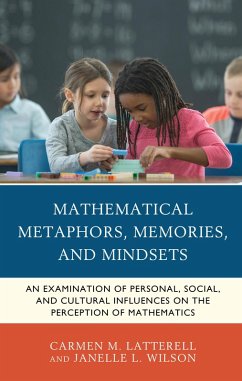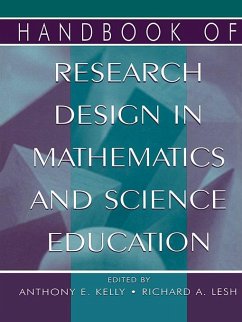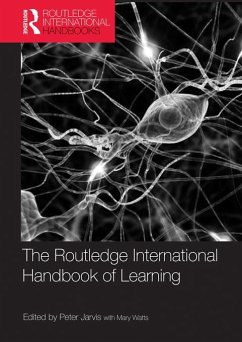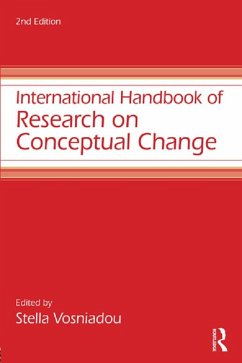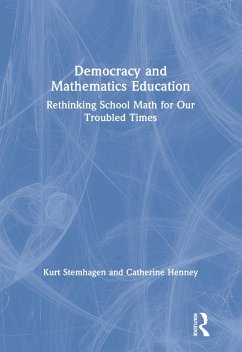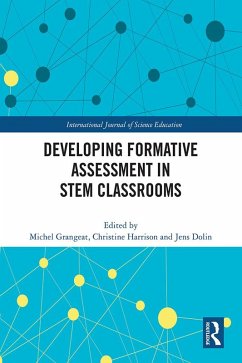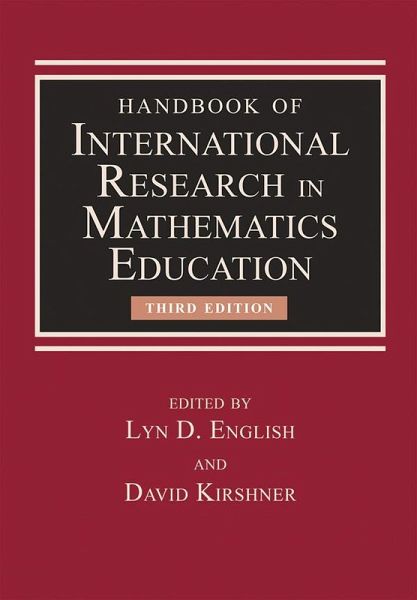
Handbook of International Research in Mathematics Education (eBook, ePUB)
Versandkostenfrei!
Sofort per Download lieferbar
118,95 €
inkl. MwSt.
Weitere Ausgaben:

PAYBACK Punkte
59 °P sammeln!
This third edition of the Handbook of International Research in Mathematics Education provides a comprehensive overview of the most recent theoretical and practical developments in the field of mathematics education. Authored by an array of internationally recognized scholars and edited by Lyn English and David Kirshner, this collection brings together overviews and advances in mathematics education research spanning established and emerging topics, diverse workplace and school environments, and globally representative research priorities.New perspectives are presented on a range of critical t...
This third edition of the Handbook of International Research in Mathematics Education provides a comprehensive overview of the most recent theoretical and practical developments in the field of mathematics education. Authored by an array of internationally recognized scholars and edited by Lyn English and David Kirshner, this collection brings together overviews and advances in mathematics education research spanning established and emerging topics, diverse workplace and school environments, and globally representative research priorities.
New perspectives are presented on a range of critical topics including embodied learning, the theory-practice divide, new developments in the early years, educating future mathematics education professors, problem solving in a 21st century curriculum, culture and mathematics learning, complex systems, critical analysis of design-based research, multimodal technologies, and e-textbooks. Comprised of 12 revised and 17 new chapters, this edition extends the Handbook's original themes for international research in mathematics education and remains in the process a definitive resource for the field.
New perspectives are presented on a range of critical topics including embodied learning, the theory-practice divide, new developments in the early years, educating future mathematics education professors, problem solving in a 21st century curriculum, culture and mathematics learning, complex systems, critical analysis of design-based research, multimodal technologies, and e-textbooks. Comprised of 12 revised and 17 new chapters, this edition extends the Handbook's original themes for international research in mathematics education and remains in the process a definitive resource for the field.
Dieser Download kann aus rechtlichen Gründen nur mit Rechnungsadresse in A, B, BG, CY, CZ, D, DK, EW, E, FIN, F, GR, HR, H, IRL, I, LT, L, LR, M, NL, PL, P, R, S, SLO, SK ausgeliefert werden.






